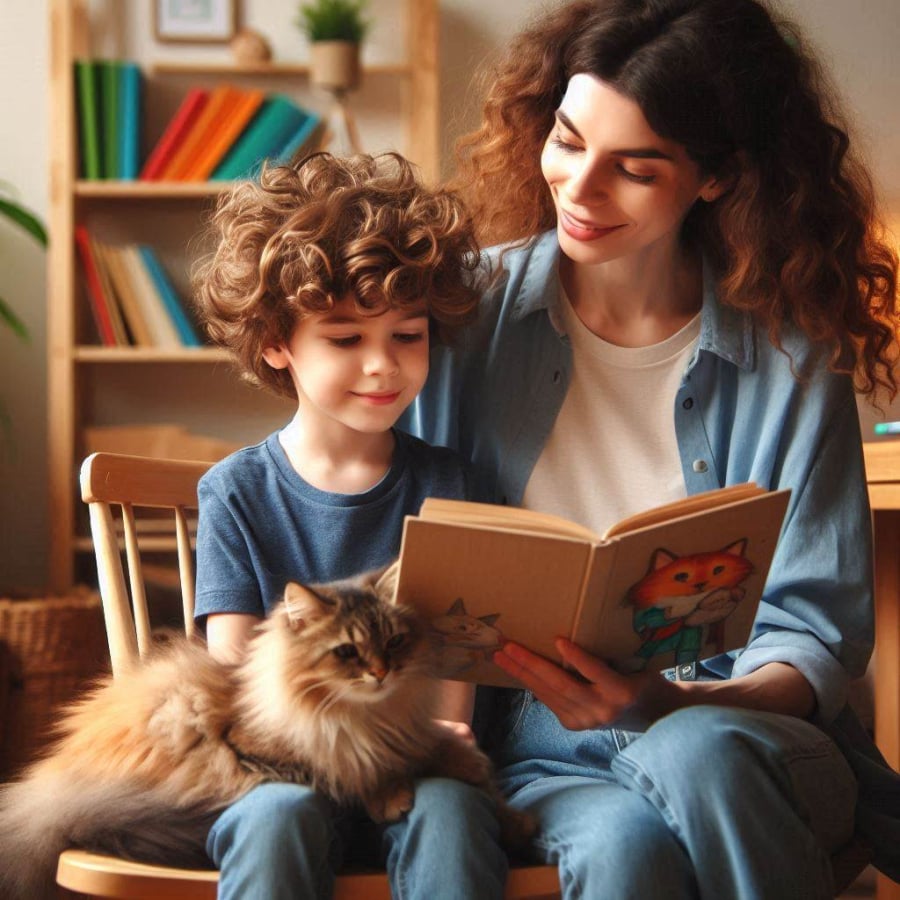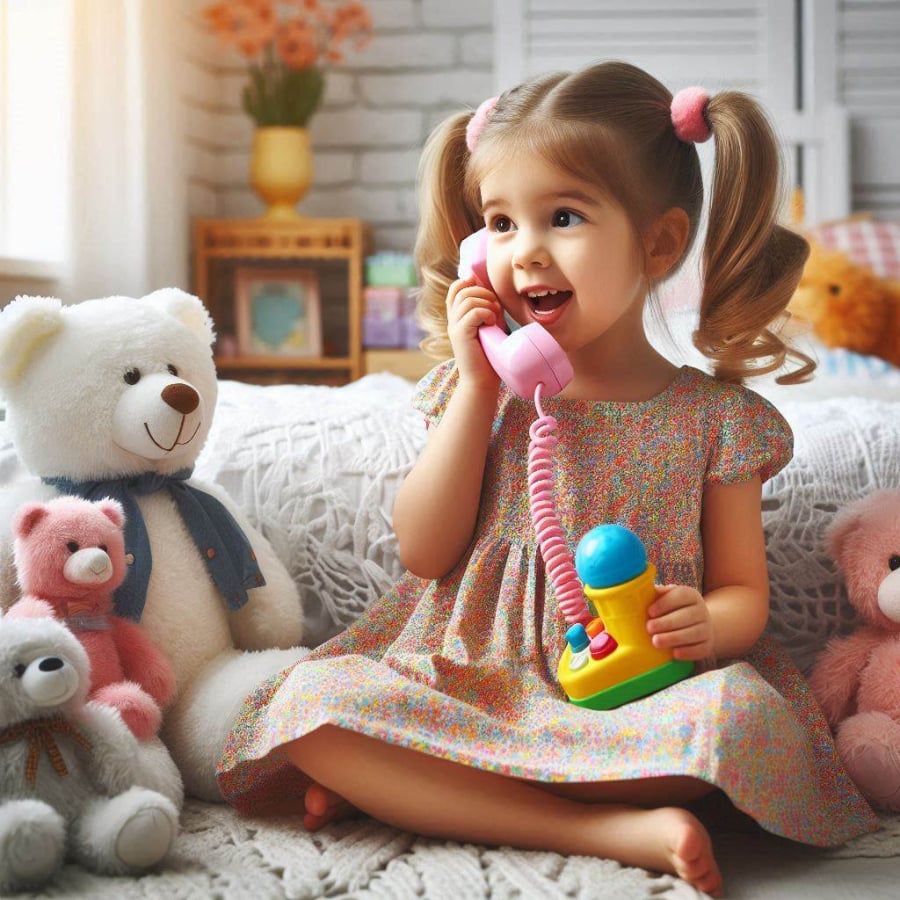Emotional intelligence (EQ) plays a significant role in achieving true success in life, accounting for 80% of it, while intelligence quotient (IQ) accounts for about 20%. This highlights the importance of both IQ and EQ in a child’s development and their direct impact on their future. While IQ can be easily observed through a child’s ability to acquire knowledge and academic performance, EQ is assessed through their daily behaviors, such as how they engage during family meals or playtime.
Research suggests that if children possess the following four specific “interests,” it indicates high IQ and EQ, predicting a future filled with success and happiness.
Children Who Love to Laugh: A Sign of High EQ
Children with high emotional intelligence (EQ) often express their joy through laughter, fostering positive relationships with those around them. These adorable smiles not only make them more captivating but also reflect their intellectual development (IQ).
Studies by American experts reveal that children who laugh frequently have more active brain cells, leading to superior intellectual development. Between the ages of two and three months, a child will readily laugh aloud when encountering familiar people. This results from the stimulation of related brain regions and the child’s response to their parents’ language.
Thus, children who enjoy laughing tend to grow up with not only robust physical health but also superior communication and social interaction skills, laying the foundation for robust emotional intelligence.

Children with High Emotional Intelligence (EQ) Often Express Their Joy Through Laughter
Children Who Listen: The Foundation of High EQ
Children with high emotional intelligence (EQ) are often those who listen attentively and express their emotions deeply. Listening is not just an effective form of communication but also a crucial factor in helping children develop excellent communication skills and empathy for others.
A child who listens will pay attention to what others are saying, refraining from interrupting and showing genuine interest in the shared thoughts. They can put themselves in others’ shoes, understand their emotions and thoughts, and respond politely and respectfully.
Additionally, a child’s focus on listening, thinking, and processing information demonstrates their intelligence and superior learning abilities. This enriches their communication and social interaction skills while enhancing their cognitive development.

Children with High Emotional Intelligence (EQ) Are Often Those Who Listen and Express Their Emotions Deeply
Children Who Enjoy Conversations: A Sign of Intelligence
Children who tend to engage in conversations frequently exhibit superior emotional intelligence (EQ) and intelligence quotient (IQ) compared to their peers. For many children, participating in dialogues or even interrupting adult conversations can sometimes be bothersome to parents, but it is indeed a sign of developing language skills.
Research indicates that these children often demonstrate a more extensive and fluent vocabulary from their early years. As they grow up, they excel in memory retention, flexible thinking expression, and better situation control in communication.
Children who are vocal in their communication not only enhance their logical thinking skills but also reinforce their EQ and IQ as they mature. While there may be times when their verbosity can be annoying to adults, it reflects their intelligence and promising future development.

Children Who Engage in Conversations Tend to Have Superior Emotional and Intellectual Abilities
Curiosity in Children: A Sign of Intelligence
Children with high IQs and EQs are often curious about the world around them. This curiosity drives a strong desire to learn, one of the most prominent signs of intelligence in children as they constantly seek answers to their questions.
These inquisitive children tend to have excellent learning abilities and memory retention, allowing them to apply their knowledge practically. Their relentless exploration expands their thinking, and each question and answer from adults acts as a key to unlocking new knowledge, simultaneously enhancing their intelligence.
Through this process, children not only gain knowledge but also develop creative and effective problem-solving skills.
An Exciting International Children’s Day: Kicking Off a Summer of Fun and Engaging Activities for Kids
This past International Children’s Day on June 1st, Vinamilk kicked off a series of exciting summer activities for children. The company organized and sponsored a range of events to celebrate and show their commitment to making a positive impact on the lives of young people. It marked the beginning of a season filled with engaging and fun initiatives for kids, with Vinamilk playing a pivotal role in making it all happen.





































